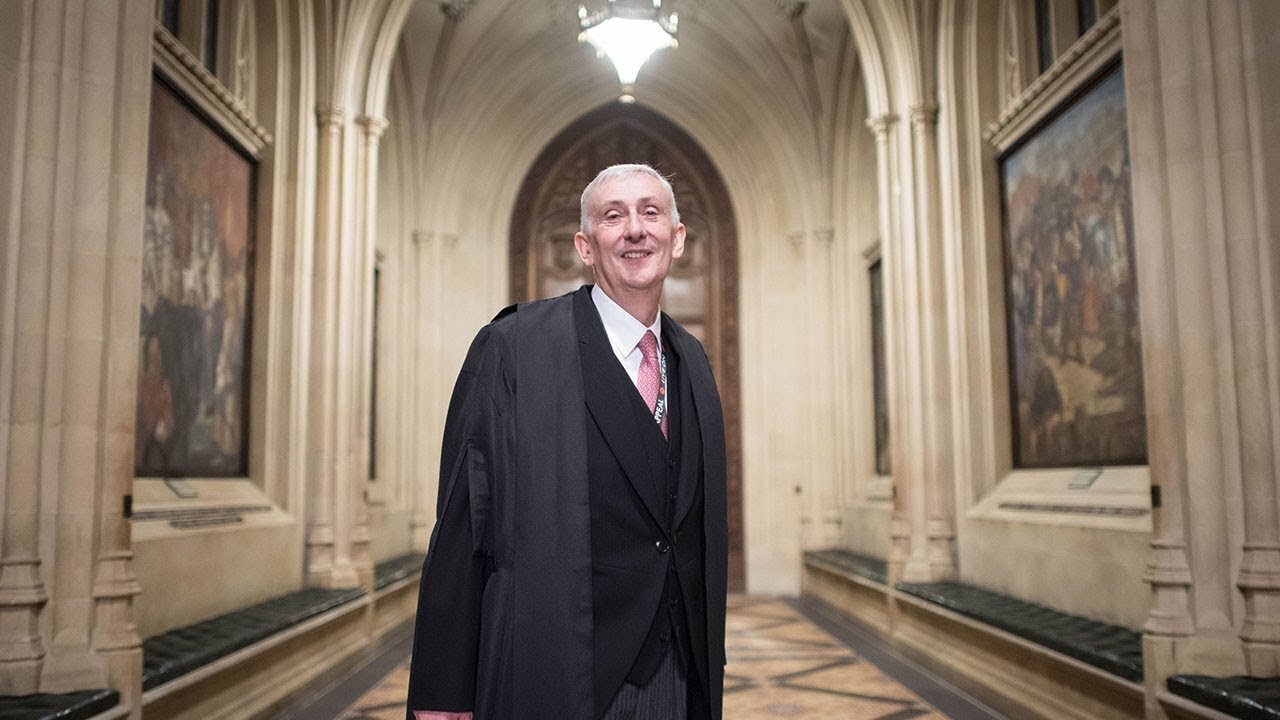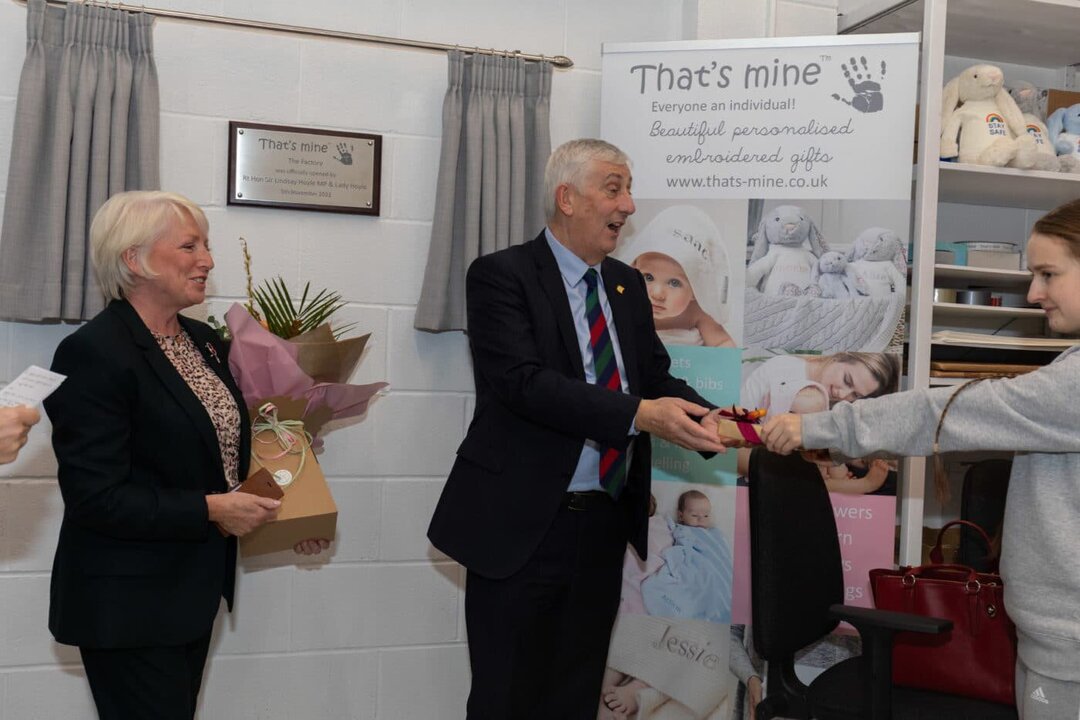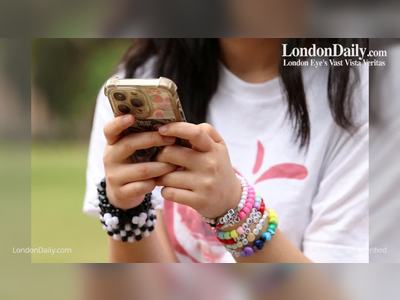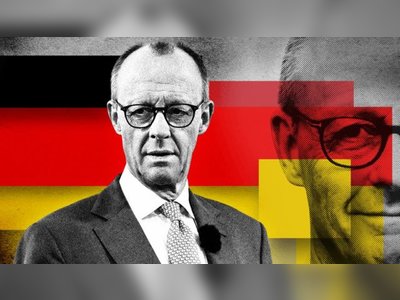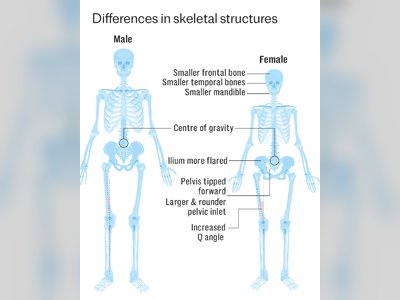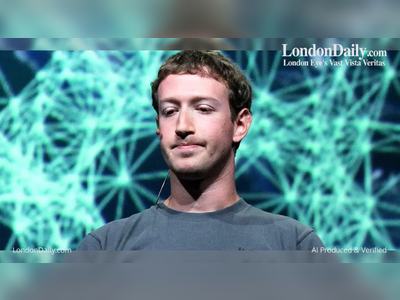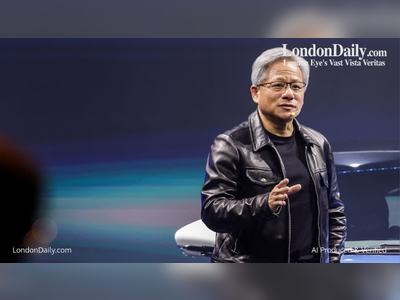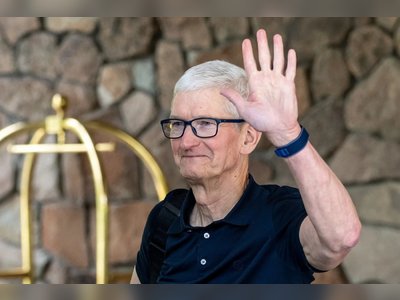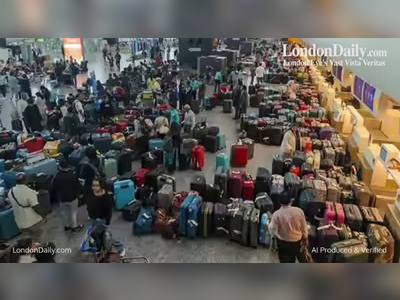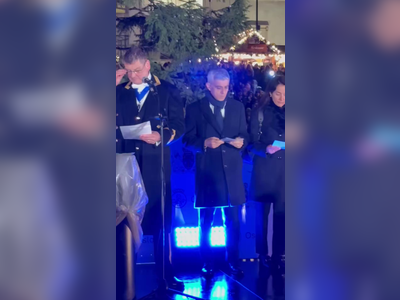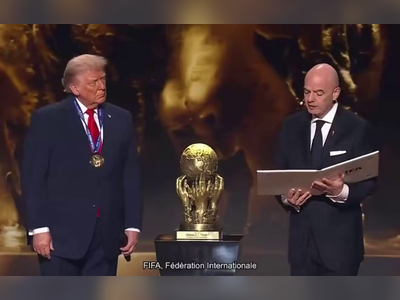Speaker of the House of Commons Retains Nearly 300 Gifts Over Four Years
Lindsay Hoyle's gift declarations include alcohol, ties, and hampers, prompting discussions on transparency and gift regulations.
Lindsay Hoyle, the Speaker of the House of Commons, has retained nearly 300 gifts over the past four years, according to his declarations.
The gifts encompass a wide range of items such as bottles of alcohol, hampers, ties, cufflinks, and chocolates, received from foreign dignitaries, ambassadors, fellow MPs, and businesses.
The Speaker's voluntary gift register reveals that since 2021, he has kept approximately 80 bottles of various spirits, including wine, champagne, whisky, and rum.
In addition to alcohol, the retained gifts include 26 ties and cufflinks, skincare sets from Korean diplomats, books, drinking glasses, and presents for his pets, along with decorative items like pictures and a rug.
During the Christmas season, Hoyle has received hampers from countries including Bahrain, Qatar, and Anguilla, with contents ranging from foodstuffs to champagne and wine.
Notably, Conservative MP Priti Patel has sent him a Christmas pudding for at least three consecutive years.
On some occasions, the Speaker has chosen to pass along or share gifts with his staff; for instance, after receiving food and drink from the North Macedonian ambassador in November, he kept a bottle of gin and wine while sharing herbal teas and a red pepper sauce with his office.
The regulations mandate that MPs declare gifts valued at over £300, while ministers are required to declare those exceeding £150.
Tom Brake, director of the Unlock Democracy campaign group and a former deputy leader of the House of Commons, commented that these voluntary declarations highlight the number of undisclosed gifts received by MPs and suggested that the £300 threshold for declarations should be reconsidered to align with standards in both public and private sectors.
Keir Starmer, the Prime Minister, previously disclosed receiving substantial donations including clothing and eyewear from Labour donor Lord Alli.
Following public scrutiny, Starmer and other senior cabinet officials announced they would abstain from accepting gifts while in office.
A spokesperson for the Speaker’s Office elaborated on the practice of gift exchange during official visits, noting that such gestures are commonplace for fostering international relationships.
All gifts are proactively declared to enhance transparency and mitigate conflicts of interest.
Decisions regarding the retention or display of gifts at Speaker’s House are made in consultation with parliamentary officials based on criteria such as the potential contribution to the historical collection.
Hoyle has defended his travel expenditures, amounting to approximately £250,000 across 19 trips since 2019, which included over £180,000 on first- and business-class flights along with stays in luxury hotels and high-end restaurants.
In commentary following the emergence of these figures, Hoyle emphasized his role in representing the House both domestically and internationally, likening his position to that of other high-ranking officials attending significant global summits.
He expressed that the presence of the Speaker at such international events is crucial for maintaining the UK’s global standing, especially during critical times.
Hoyle highlighted his commitment to using his platform to advocate for pressing issues like Ukraine's sovereignty amidst geopolitical tensions.
The gifts encompass a wide range of items such as bottles of alcohol, hampers, ties, cufflinks, and chocolates, received from foreign dignitaries, ambassadors, fellow MPs, and businesses.
The Speaker's voluntary gift register reveals that since 2021, he has kept approximately 80 bottles of various spirits, including wine, champagne, whisky, and rum.
In addition to alcohol, the retained gifts include 26 ties and cufflinks, skincare sets from Korean diplomats, books, drinking glasses, and presents for his pets, along with decorative items like pictures and a rug.
During the Christmas season, Hoyle has received hampers from countries including Bahrain, Qatar, and Anguilla, with contents ranging from foodstuffs to champagne and wine.
Notably, Conservative MP Priti Patel has sent him a Christmas pudding for at least three consecutive years.
On some occasions, the Speaker has chosen to pass along or share gifts with his staff; for instance, after receiving food and drink from the North Macedonian ambassador in November, he kept a bottle of gin and wine while sharing herbal teas and a red pepper sauce with his office.
The regulations mandate that MPs declare gifts valued at over £300, while ministers are required to declare those exceeding £150.
Tom Brake, director of the Unlock Democracy campaign group and a former deputy leader of the House of Commons, commented that these voluntary declarations highlight the number of undisclosed gifts received by MPs and suggested that the £300 threshold for declarations should be reconsidered to align with standards in both public and private sectors.
Keir Starmer, the Prime Minister, previously disclosed receiving substantial donations including clothing and eyewear from Labour donor Lord Alli.
Following public scrutiny, Starmer and other senior cabinet officials announced they would abstain from accepting gifts while in office.
A spokesperson for the Speaker’s Office elaborated on the practice of gift exchange during official visits, noting that such gestures are commonplace for fostering international relationships.
All gifts are proactively declared to enhance transparency and mitigate conflicts of interest.
Decisions regarding the retention or display of gifts at Speaker’s House are made in consultation with parliamentary officials based on criteria such as the potential contribution to the historical collection.
Hoyle has defended his travel expenditures, amounting to approximately £250,000 across 19 trips since 2019, which included over £180,000 on first- and business-class flights along with stays in luxury hotels and high-end restaurants.
In commentary following the emergence of these figures, Hoyle emphasized his role in representing the House both domestically and internationally, likening his position to that of other high-ranking officials attending significant global summits.
He expressed that the presence of the Speaker at such international events is crucial for maintaining the UK’s global standing, especially during critical times.
Hoyle highlighted his commitment to using his platform to advocate for pressing issues like Ukraine's sovereignty amidst geopolitical tensions.




